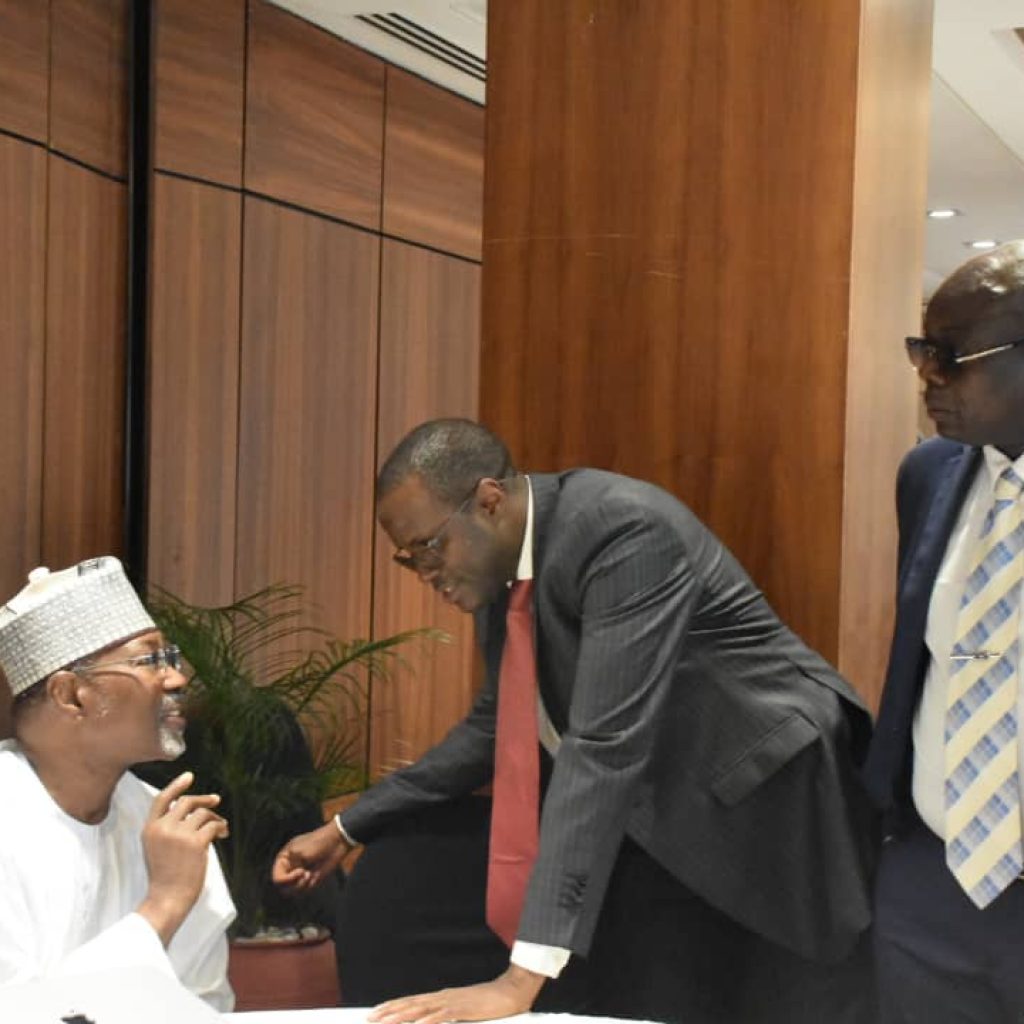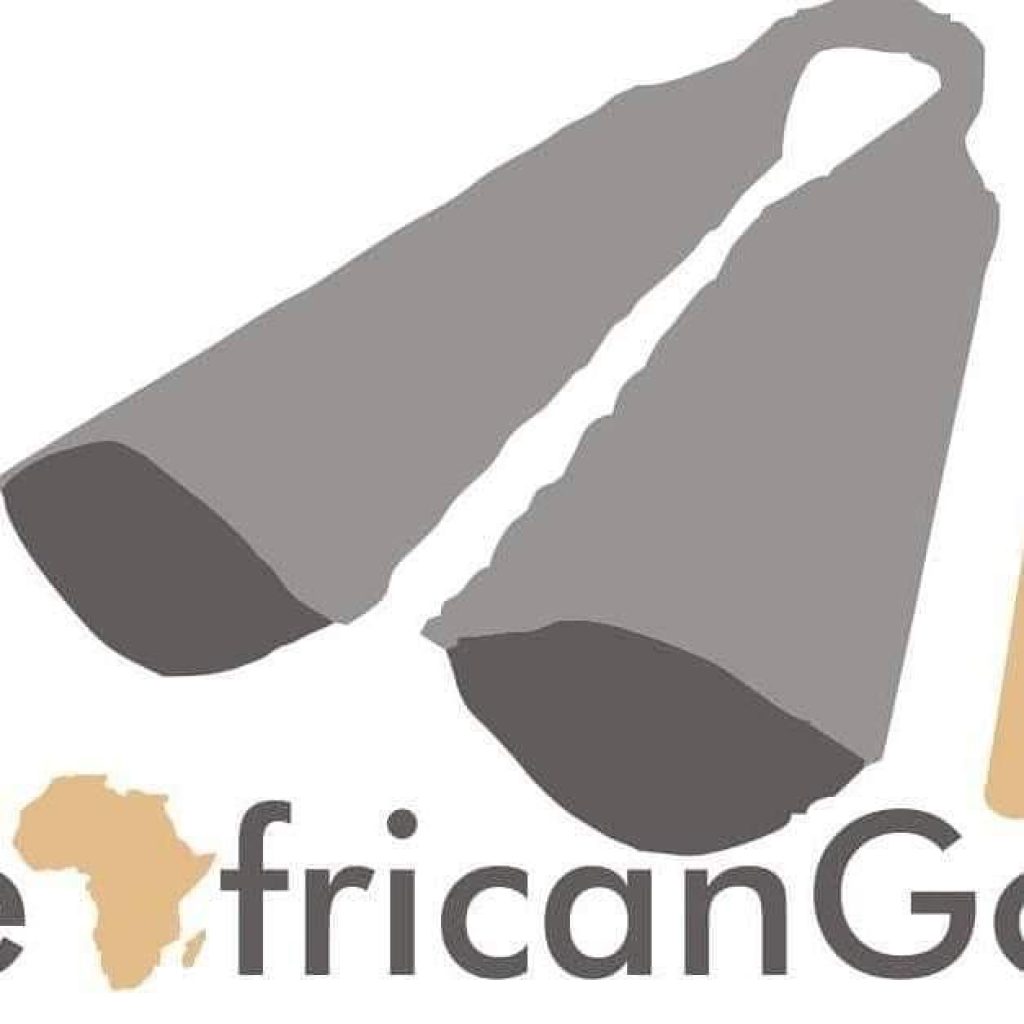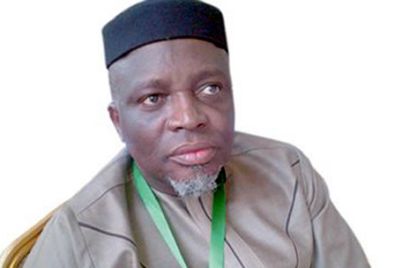
Former INEC Chairman, Prof Attahiri Jega: ICPC Chairman, Dr. Musa Aliyu and Secretary to ICPC, Mr Clifford Oparaodu during an the Independent Corrupt Practices and Other Related Offences Commission (ICPC) interactive session with the Chief Executive Officers of public agencies, on corruption prevention within the public service in Abuja
Prof. Attahiru Jega, former Chairman, Independent National Electoral Commission (INEC), says public servants should be restricted from taking traditional titles while in service, to curb the high rate of corrupt practices.
Jega made the call on Wednesday at the Independent Corrupt Practices and Other Related Offences Commission (ICPC) interactive session with the Chief Executive Officers of public agencies, on corruption prevention within the public service in Abuja.
According to him, it is an inducement for traditional authorities to give titles to public officers.
The former INEC boss said, “taking traditional title makes public officer prone to corrupt practices and undermine governance as it creates room for pressure to indulge in it.
“ How do you create a sense of responsibility for people to recognise that governance in the public sphere, the modern public sphere is about trust, is about responsibility
“It is about utilising public resources for the benefit of the public rather than for self-benefit or the benefit of an isolated community.
“It’s very important to do this because otherwise the pressures will keep coming,” he said.
According to him, the pressures will also tend to be such that many people will be derailed no matter how objective they want to be in discharging their responsibilities.
“I believe that one of the things perhaps we need to do, and this may be a bit controversial, I know that in the past, even under military they tried to do that, but we were not doing it.
“I think we must stop this tendency of public officers acquiring traditional titles while they are in public service because that really adds to the pressure.
“You take a title as a permanent secretary or a director and you go to your community and you have to be very subservient to the traditional ruler who gave you that title.
“They will come to you with demands and because you are a willing servant or agent then you almost always succumb to those pressures and there is no limit.
“Once it starts small, it keeps getting big and there will be no end to it,” he said.
Jega said public servants could take traditional titles after retirement, when there would not be any pressure to commit infraction.
“If you retire and you have done your best for your community in other ways not by stealing public funds and giving it to them and in the end they want to honour you for what you have done to them.
“That’s a totally different thing, but frankly it’s an inducement for traditional authorities to give titles to public officers. Now unfortunately I’m hearing even military officers are being given traditional titles.
“I’m not against traditional titles, of course I’m a republican, I’m not a monarchist, but I’m not against traditional titles.
“But I’m saying that they are now being used in a manner that undermines governance.
“In fact, it undermines the ways and manners by which resources of the public are utilised for the public rather than for self-serving objectives.
“I believe that the anti-corruption war needs to be fought in all dimensions and one good dimension,” he said.
He also called for implementation of whistle blower policy which provides legal cover for individuals who voluntarily expose acts of fraud, looted government funds and assets, financial misconduct and other forms of corruption.
“The policy also rewards a whistleblower who provides information about any financial mismanagement or tipoff.
“I recall an effort to ensure that whistleblowers are rewarded but the implementation has been a very serious challenge, I think we need to improve that process, to motivate people to be whistleblowers.
“I think to a large extent we can also minimise some of these serious issues of corruption. We have to continue to organise sensitisation efforts throughout the public sector organisations,” he said.
He urged the anti-corruption agency to keep refining the methodology of engagement with youth organisations that can actually be drivers of change with regards to fighting corruption.

“You have to separate the wheat from the chaff, because many youth organisations these days see some of these activities as opportunities for making money
“So, you have to separate those who are really doing it out of passion and sincerity of purpose from those who are doing it because they see an avenue of working with a government organisation so that they can find ways of making money.
“It’s very important, but ultimately we also have to start catching them young, as they say schools create clubs, resource them,” he said.

